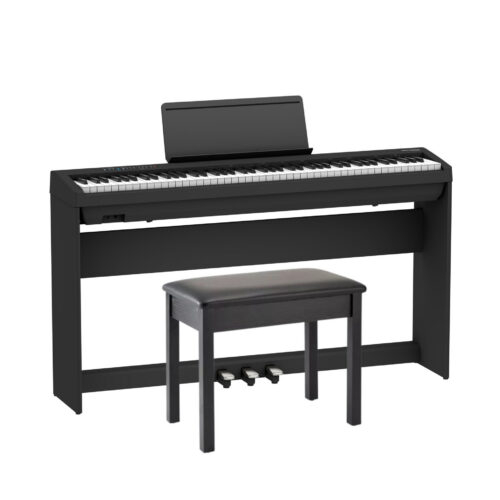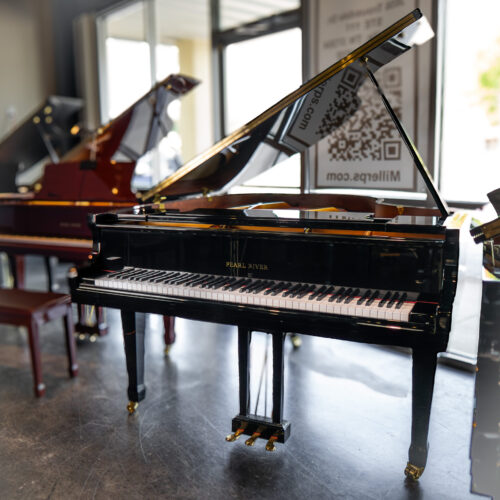
Music May Benefit Your Brain
By Randy Dotinga, HealthDay News.
Musical training may increase blood flow to the left side of the brain, new research suggests.
The increase in blood flow was seen with just a half hour of music training, according to the study.
“The areas of our brain that process music and language are thought to be shared, and previous research has suggested that musical training can lead to the increased use of the left hemisphere of the brain,” study author Amy Spray, with the University of Liverpool, explained in a university news release.
“It was fascinating to see that the similarities in blood flow signatures could be brought about after just half an hour of simple musical training,” said Spray, who conducted the research as part of a summer internship program.
RELATED: The Amazing Benefits of Music Therapy
Listening to music increased blood flow to the left side of the brain in less than 30 minutes.Listening to music increased blood flow to the left side of the brain in less than 30 minutes.
Spray and her colleagues studied brain activity in people who took part in music and word generation tasks and who listened to music. Blood flow patterns were the same in each task for musicians.
But, those patterns were different in non-musicians — at least until they took part in brief musical training. Following the training, the blood flow patterns in the non-musicians changed to be similar to musicians in both musical and word generation tasks, according to the study.
The findings were presented recently at the British Psychological Society Annual conference. In general, research presented at meetings is considered preliminary and should be interpreted with caution until published in a peer-reviewed journal.









